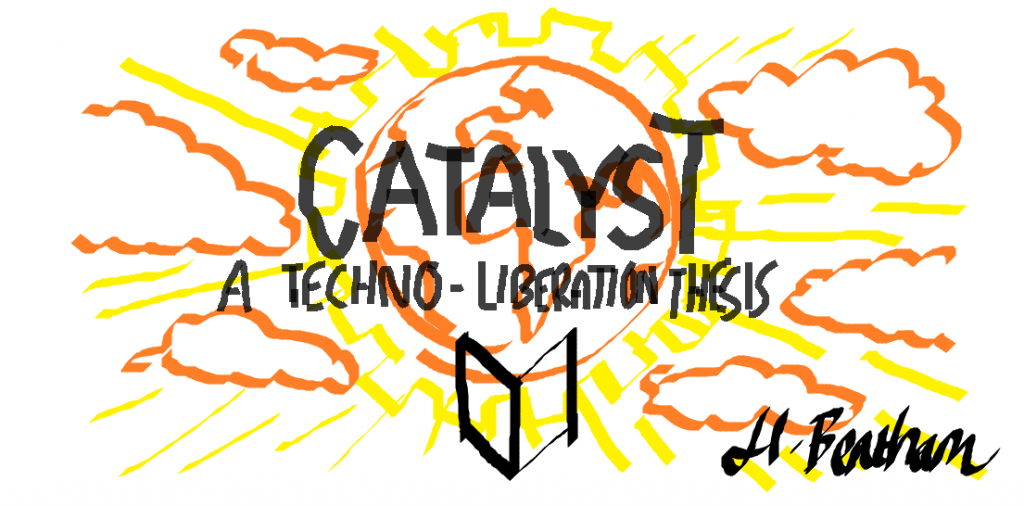After reading a number of key chapters of interest in the book Prospects for Human Survival, which I received a review copy of from the Lifeboat Foundation, I believe the author is somewhat misguided. I admit this is a matter of opinion, however, rather than of the hard facts and mathematical equations used by the author (Willard Wells). Nevertheless, I cannot help argue that my opinion is correct. This is not my review of the book, which will be published separately, but a reaction to some of the themes in the book.
Wells, in a nutshell, argues that there needs to be a bunch of high-tech, rich “preppers” whose plan is to save themselves in order to rebuild civilisation in the event of any future calamity, whether it is an asteroid impact or a world war. Thinking about humanity-threatening disasters is a pastime of many futurists, although I prefer a more optimistic approach. My own concern is more with erasing present injustices, prejudices and other ailments of global society. I have no interest whatsoever in saving the kernel of injustice, wealth and greed for it to once again proliferate across the wastelands it created by causing wars and suffering on a global scale.
If a nuclear war were to occur, it would be the wealthy one percent who started it. Encouraging them to invest in building great bunkers for themselves and their families only makes the prospect of waging such a war seem less unpleasant to them. I would prefer that all their plans fail and that all humanity goes extinct, than that the privileged one percent of humanity will be the survivors of a calamity – especially a calamity they caused.
The whole teleology of saving humanity, as it appears in Prospects for Human Survival, makes little sense. Hypothetical unpleasant fates of humanity, which would entail human extinction, are presented as problems to overcome not because of their unpleasantness but because they would entail extinction. However, if the goal in life was to avoid extinction, in a genetic sense, then it is not only impossible (because all lines eventually die out, even the entire human species), but would lead to the absurdity of encasing human DNA in probes and sending them out into space to ensure the maximum possible survival of our genetic material for the longest possible time – and calling this a great victory. That is in fact meaningless. There are other great things like justice and balance to think about.
When faced with such scenarios, I believe extinction is less menacing to humanity’s existence than greed and depravity – the crimes represented in saving a privileged few rather than trying to save the many. Although the scenarios are much too unpleasant for most people to want to talk about, if we must speak of them, I submit that it is better to all die trying to save one another than for the majority to die so a minority can live. If it came to a calamity, I would put justice and fairness before even survival itself. If survival cannot be achieved justly, it is not worth it at all, because humanity would have forsaken its right to exist by behaving in such a depraved and inhumane manner as to kill the majority to save the few.
Perhaps in the same spirit of the utilitarian philosophy developed by a man also called Bentham (Jeremy, that is), I believe the absolute good ought to be the happiness of the greatest number in the particular scenarios presented in that book. It doesn’t make sense that although humanity flourished under altruistic philosophies, we should suddenly have to abandon them and apply a selfish approach divorced from history, to “survive”.

